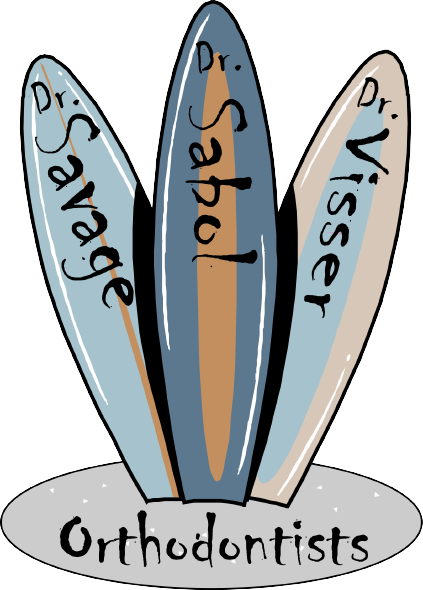Do you suffer from pain in your jaw joints? Have you heard clicking or popping sounds when opening your mouth? These could be symptoms of TMJ disorder, a condition that affects the temporomandibular joints connecting your jaw to your skull. Fortunately, orthodontic treatment like braces can often help relieve TMJ symptoms.
What is TMJ?
TMJ stands for temporomandibular joint disorder. It occurs when the hinge joints connecting the jawbone to the skull become impaired or damaged. TMJ causes pain, inflammation, and restricted jaw movement. Symptoms may include:
- Jaw, face, neck, or shoulder pain
- Clicking, popping, or grinding noises
- Locking of the jaw
- Headaches or migraines
- Trouble opening the mouth fully
What Causes TMJ?
TMJ is typically caused by genetics, arthritis, jaw injury, structural misalignment, teeth grinding, or clenching due to stress. Diagnosis is made through physical examination, imaging tests, and analysis of symptoms. TMJ is fairly common, affecting about 10 million Americans. Women tend to be diagnosed more often than men.
What TMJ Causes Can Be Fixed with Braces?
Braces aren’t a guaranteed solution for TMJ, as the success in alleviating TMJ will depend on the causes of your symptoms. Ultimately, an orthodontist will need to examine your teeth and jaw to determine if braces will be an effective solution. Some of the signs that we look for include:
- An overbite or underbite – These misalignments often put strain on the jaw joints.
- Teeth that are crowded or crooked – Improperly positioned teeth can cause uneven contact and pressure points.
- Open bites or spacing – Braces close gaps to allow proper contact between top and bottom teeth.
- The jaw pops, clicks or locks – These are symptoms of TMJ dysfunction that can potentially be helped by braces adjusting the bite and alignment.
- Uneven wear on the teeth – This indicates your bite is off.
How Can Braces Help TMJ?
Correcting misaligned teeth and a poor bite is often an effective way to treat TMJ. Braces can alleviate joint strain by properly positioning the teeth and jaws. This allows the temporomandibular joints to function properly when chewing, talking, and moving the mouth. Specifically, braces can:
- Close excessive spacing or gaps between teeth
- Correct overbites and underbites
- Improve the fit between the upper and lower teeth
- Balance contact points between the teeth
- Position teeth vertically and horizontally
All of these changes help take pressure off the jaw joints, allowing the surrounding muscles to relax. Once the bite is improved and teeth are properly aligned with braces, TMJ symptoms typically diminish significantly or resolve entirely.
What to Do if You’re Suffering from TMJ
If you think braces could help relieve your TMJ symptoms, you should schedule a consultation at Drs. Savage, Sabol and Visser. We conduct thorough exams to determine the optimal braces treatment plan for each patient’s unique orthodontic and TMJ issues. In addition to braces, we may recommend appliances like retainers or nightguards to provide stability after braces. Our goal is to provide personalized care that not only straightens your smile but also improves overall dental health and eliminates TMJ discomfort.
To learn more or get started with your braces treatment, contact us today at our Virginia Beach office.













